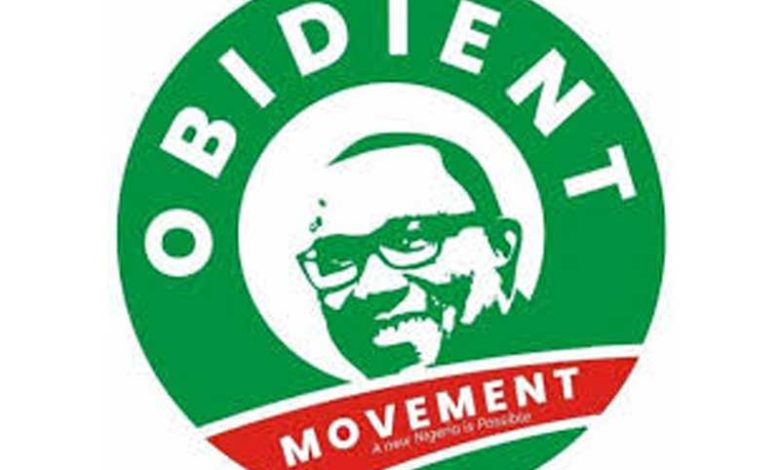
The Obidient Movement has cautioned the Federal Government against introducing a proposed five 5% surcharge on fuel, warning that such a policy would further impoverish Nigerians already struggling under economic hardship.
The reaction follows an announcement by the Chairman of the Presidential Committee on Fiscal Policy and Tax Reforms, Taiwo Oyedele, who disclosed that the levy was part of President Bola Tinubu’s tax reform agenda aimed at improving road infrastructure and reducing logistics costs.
In a statement issued on Monday and signed by its National Coordinator, Dr. Yunusa Tanko, the group described the plan as “a policy built on noble intentions, but destined for misery.”
Tanko further said successive governments have repeatedly made similar promises about new levies transforming infrastructure, but have failed to deliver.
“For decades, Nigerians have been fed the same promises: new levies will ‘fix our roads,’ ‘power our hospitals,’ and ‘transform our economy.’
“Instead, trillions vanish into the pockets of corrupt elites while our highways crumble, transport costs skyrocket, and ordinary Nigerians are pushed deeper into poverty,” the statement read.
While stressing that fueling is not a luxury in Nigeria, Tanko warned that the move would amount to punishing the poor and vulnerable in society.
He also urged the government to widen the tax base, impose progressive taxes on luxury consumption, and cut wasteful government spending instead of targeting the poor.
“The Obidient Movement insists that no new fuel taxes should be imposed until there are credible, transparent mechanisms to ensure accountability, anti-corruption safeguards, and real relief for suffering citizens.
“We want good roads, reliable infrastructure, and a strong economy. But these goals cannot and must not be pursued on the backs of already impoverished Nigerians.
“Until transparency, equity, and fairness guide our fiscal policies, we reject this 5% surcharge as yet another instrument of oppression against the people,” the statement added.
Fuel has long been a politically sensitive issue in Nigeria, Africa’s largest oil producer, but also one of the biggest importers of refined petroleum products.
